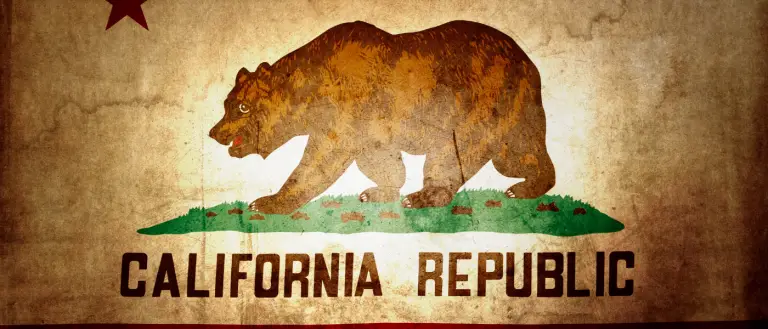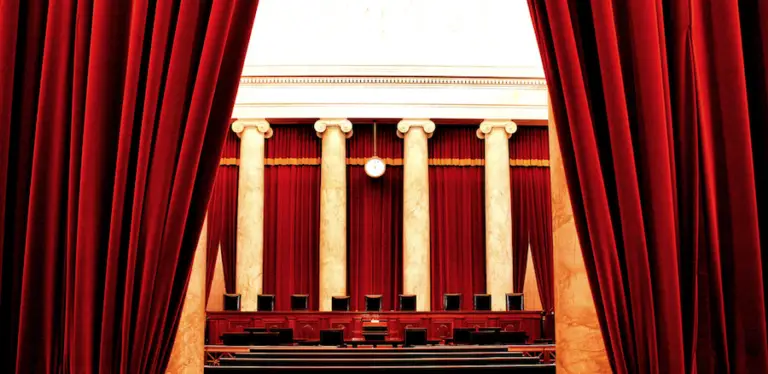Online Gambling Wire Act Debate: The End?

The Wire Act has long been a thorn in the side of legal, regulated online gambling advocates. That thorn may have finally been removed by the First Circuit Court of Appeals, which upheld a lower court’s decision that the Wire Act only applies to sports betting, not other forms of online gambling.
The decision removes a significant cause of legislative inertia, as the uncertainty surrounding the Wire Act has been used as a reason to hold off on online legalization. As such, it paves the way for the continued legalization of online poker, casino, and lottery at the state level.
The Department of Justice is unlikely to appeal the decision for three reasons:
- There is little chance the Supreme Court would take the case, let alone overturn the First Circuit’s decision.
- The newly installed Biden administration is unlikely to pursue a legal case that is widely believed to have been predicated on a political favor to a mega-donor.
- The purported driver of the 2018 Wire Act opinion, and virtually , Sheldon Adelson, is no longer with us.
For these reasons, as well as the spread of online gambling across the US, it’s hard to imagine a scenario where the “does it apply to all forms of online gambling” argument is resurrected down the road.
What the Experts are Saying
In an , Nevada gaming attorney Tony Cabot, a Distinguished Fellow in Gaming Law at UNLV’s William S. Boyd School of Law, agrees with the assessment above.
“The Department of Justice has no motivation, either politically or on a policy basis, to continue to pursue this case,” Cabot said. “Moreover, even if the DOJ had a reason to pursue it, the likelihood that the Supreme Court would hear the case is extremely low. In either case, this appears to be the end of the road for the opposition to state-authorized Internet gaming.”
, an association of operators, payment processors, and ancillary service providers joined in the litigation as an intervenor in the case, praised the First Circuit’s decision in a press release yesterday.
“This landmark decision is a victory for states’ rights; for clear reading of federal statutes, and for the gaming industry and its customers,” said IDEA attorney Jeff Ifrah. “Today’s decision will hopefully put to rest the question of whether federal law prohibits states from licensing internet gaming within their borders and compacting with each other to allow such gaming on an interstate basis.”
“DOJ doesn’t often lose litigation over the meaning of federal statutes,” said Ifrah. “However, the OLC’s 2018 opinion was so misguided that the court resoundingly rejected it.”
To Ifrah’s point, pointed out that in a footnote, the Court specifically mentioned that, unlike the 2011 OLC opinion, “the Criminal Division’s reasons for requesting OLC’s advice are not detailed in the 2018 opinion.”
“Today’s landmark ruling brings us closer to long-overdue clarity as to the legality of state-licensed internet gaming,” said Ifrah. “Like nearly every other industry, the gaming industry must embrace the internet to engage today’s customers and to thrive in the economy of the future.”
A Brief History of the Wire Act and Online Gambling
In its press release, IDEA Growth provided a summary of the events that led to yesterday’s decision:
Passed in 1961, the Wire Act (18 U.S.C. §1084 et seq.) was part of a package of bills enacted to curb the activities of organized crime. The statute makes it a crime to transmit information related to “bets or wagers on a sporting event or contest.” Nonetheless, when internet gaming arose in the 1990’s, the Criminal Division of the Department of Justice (DOJ) originally asserted that the Wire Act prohibited both sports betting and non-sports gaming such as casino games, poker and lotteries.
In 2011, in response to an inquiry from two states, the Office of Legal Counsel (OLC) of the DOJ undertook a review of the Criminal Division’s interpretation of the Wire Act. After considering the findings of the courts, the context in which the statute was enacted and the plain language of the statute, the Obama-era OLC concluded that the Wire Act only applied to sports betting. In response to this, several states enacted legislation to license internet gaming operators in their state, while other states began selling lottery tickets online.
However, in 2018, the Trump Administration DOJ had the OLC revisit the 2011 guidance, resulting in a new opinion maintaining that the Wire Act prohibited all betting over the internet.
In 2018, the New Hampshire Lottery and its partner NeoPollard filed suit against DOJ in the District of New Hampshire. On behalf of the internet gaming industry, IDEA Growth joined the suit as an intervenor. On June 3, 2019, the District Court issued its opinion in New Hampshire Lottery et a. v. Barr finding that the Wire Act applied only to sports betting and striking down the 2018 OLC opinion.
On December 20, 2019, DOJ filed an appeal of the District Court’s decision to the First Circuit Court of Appeals. IDEA Growth again intervened in a successful effort to persuade the First Circuit to uphold the District Court’s finding.
What’s Next?
Unlike PASPA, the Wire Act isn’t going away. The poorly worded law still applies to sports betting and will continue to hang over the head of the industry until one of two things occurs:
- Congress steps in and amends the Wire Act by updating an antiquated law for a changed (the internet) world.
- The case makes it to the Supreme Court, and the law’s application to online gambling is determined, including the intermediary routing issue.
It’s hard to imagine either of these things coming to pass in the immediate future. More likely, the Wire Act and online gambling go their separate ways, never to meet again. So, for now, legal online gambling advocates can take solace in the fact that the First Circuit has defanged the Wire Act.







